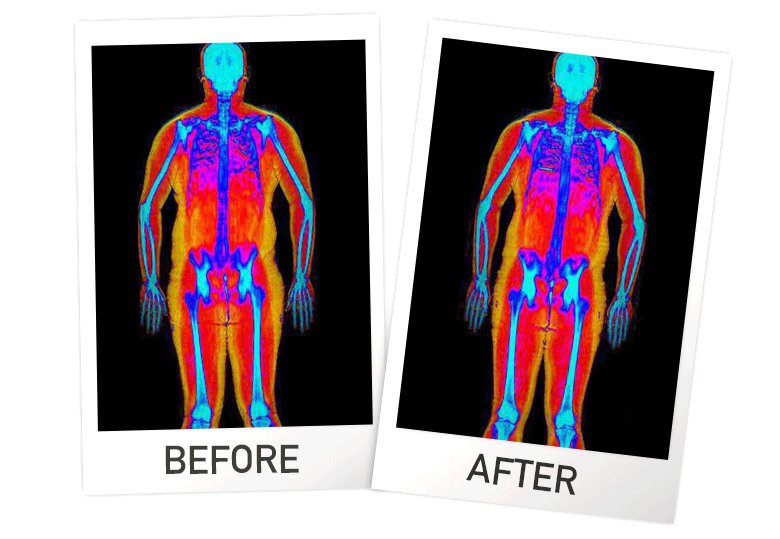 When we don’t feel like we have enough time to fit everything into the day, often the first thing we sacrifice is sleep. Unfortunately, what we are really sacrificing is the body’s natural maintenance system, which heals damaged cells and boosts the immune system – allowing us to function adequately the next day.
When we don’t feel like we have enough time to fit everything into the day, often the first thing we sacrifice is sleep. Unfortunately, what we are really sacrificing is the body’s natural maintenance system, which heals damaged cells and boosts the immune system – allowing us to function adequately the next day.
During a night’s rest, there are two different types of sleep that reoccur. Rapid eye movement (REM) and non-rapid eye movement (NREM).
NREM sleep accounts for 75-80% of our total night’s sleep, and is important for recovery on both a biochemical and physiological level. During this phase, tissue growth and repair occurs, and energy is restored. Cell division is more rapid during this time, which is important for growth and repair of damaged cells.
REM accounts for the other 20-25% of a total night’s sleep and is when you gain the most psychological benefits. REM is important for stimulating the regions of the brain used for memory consolidation and retention of information and learning of cognitive sequences. Therefore, it is a vital aspect for learning. Memory consolidation also occurs in NREM sleep, however these are relevant to movement- based sequences rather than cognitive. Hormone production also changes depending on your state of consciousness. Hormones are essential for growth and development, for example growth hormone is released during sleep (hence sleep is an important element for muscle growth and repair) as opposed to the release of cortisol when you’re awake.
Chronic sleep disturbances are associated with inflammation of immune variables2 (such as white blood cells). Additionally, research has shown that sleep loss may result in impaired glucose tolerance and an increased risk of metabolic disorders such as diabetes3 as a result of biochemical changes. When we are awake, our brain uses glucose to function and these stores become depleted. During sleep the process is reversed to replenish stores to be utilised the following day.
Most adults require between 7-8 hours of sleep per night, with less than 5-6 hours being associated with symptoms of sleep deprivation. To aid in getting an optimum sleep, there are some simple steps you can take to help with this. Avoid foods that are high in protein in the evenings as protein contains ‘tyrosine’, an amino acid that promotes wakefulness. Increasing your intake of tryptophan (a precursor for melatonin), which can be found in carbohydrates and dairy products. Herbal and dietary supplements such as lavender and passionflower can also aid sleep. Finally, the brain can associate areas such as the bedroom with activities (such as sleeping), therefore other activities such as watching television or working should not be undertaken in these areas.
Are you getting enough sleep to recover properly?
Pip Tockuss
B.Clinexerphys, (AEP, Aes, ESSAM)
Accredited Exercise Physiologist
References
- Ingram, L. A., Simpson, R. J., Malone, E., & Florida-James, G. D. (2015). Sleep disruption and its effect on lymphocyte redeployment following an acute bout of exercise. Brain, Behavior, and Immunity, 47, 100-108. doi:10.1016/j.bbi.2014.12.018
- Peake, J. M., Neubauer, O., Walsh, N. P., & Simpson, R. J. (2017). Recovery of the immune system after exercise. J Appl Physiol, 122, 1077-1087. doi:10.1152/japplphysiol.00622.2016
- Morselli, L., Leproult, R., Balbo, M., & Spiegel, K. (2010). Role of sleep duration in the regulation of glucose metabolism and appetite. Best Practice & Research Clinical Endocrinology & Metabolism, 24(5), 687-702. doi:10.1016/j.beem.2010.07.005

